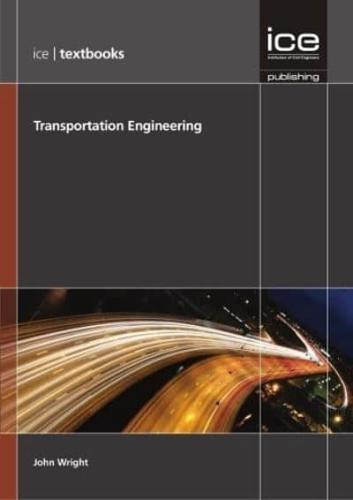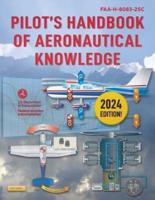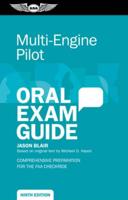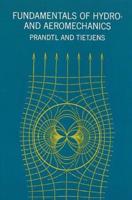Publisher's Synopsis
Covering rail, air, road and water,Transportation Engineeringexplores the transport of people, goods and information throughout history, up to the present day and considering how best to transport can meet the needs of the future. It examines the idea that transport needs are based on the concept of supply and demand and that modes of transport must, therefore, have a "life-cycle". Transportation Engineering also explores the economics of transport and the importance of considering price, convenience and safety of new and existing modes of transport, as well as the impact that the recession has had on preferred modes of transport, e.g. an increase in people cycling instead of driving, using the internet to communicate instead of travelling overseas. It also looks at sustainability, including the pros and cons of electric vehicles and what the future holds for these modes of transport.Produced by the Institution of Civil Engineers, ICE Textbooks offer clear, concise and practical information on the major principles of civil and structural engineering. They are an indispensable companion to undergraduate audiences, providing students with:
- A comprehensive introduction to core engineering subjects
- Real-life case studies and worked examples
- Key learning aims, revision points and chapter summaries
- Further reading suggestions










